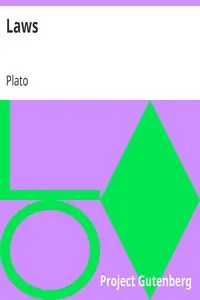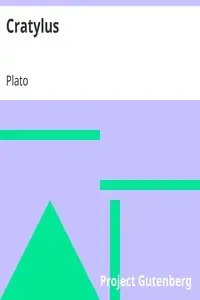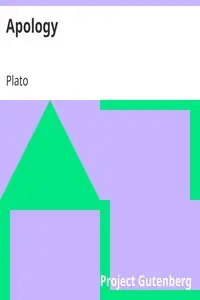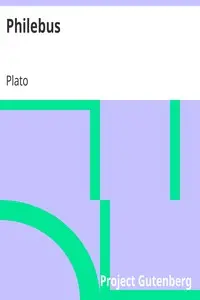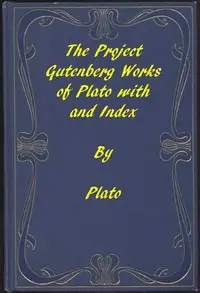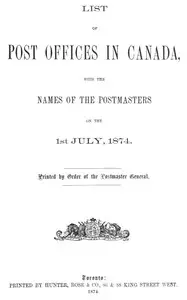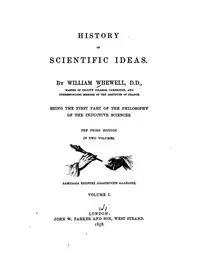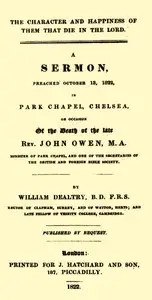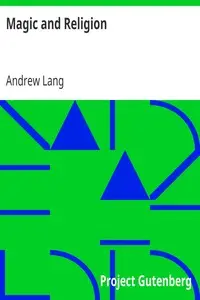"Lysis" by Plato is a philosophical dialogue written during the classical period of ancient Greece, approximately in the 4th century BC. This work takes the form of a Socratic dialogue and revolves around the exploration of friendship, particularly what true friendship entails and the nature of love between two individuals. The dialogue features Socrates and two young Athenian boys, Lysis and Menexenus, and delves into complex questions about the definitions and conditions of friendship. In "Lysis," Socrates engages the youths in a series of probing discussions to uncover the essence of friendship. The conversation begins with Socrates questioning Lysis about his relationship with his parents, leading to reflections on wisdom and knowledge as prerequisites for being loved by others. As the dialogue progresses, the characters grapple with various perspectives on friendship—whether it is based on similarity, utility, or some deeper connection, ultimately concluding that no definitive answers are reached. The boys contemplate if love exists solely between those who reciprocate feelings. Plato intricately weaves together ideas of good and evil, desire, and the interplay of wisdom, suggesting that friendship arises in the desire for good and knowledge despite their inability to clearly define it by the end of the dialogue. The work thus invites readers to ponder the complexities of human relationships and the fundamental nature of connection. (This is an automatically generated summary.)
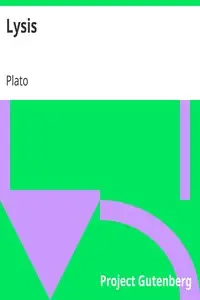
Lysis
By Plato
"Lysis" by Plato is a philosophical dialogue written during the classical period of ancient Greece, approximately in the 4th century BC. This work tak...
Genres
Released
1998-12-01
Formats
mobi (images)
epub (images)
epub3 (images)
mobi
epub
Free Download
Overview
About the Author
Plato, born Aristocles, was an ancient Greek philosopher of the Classical period who is considered a foundational thinker in Western philosophy and an innovator of the written dialogue and dialectic forms. He raised problems for what became all the major areas of both theoretical philosophy and practical philosophy, and was the founder of the Platonic Academy, a philosophical school in Athens where Plato taught the doctrines that would later become known as Platonism.
Total Reviews
10.0k
Total reviews from Goodreads may change

